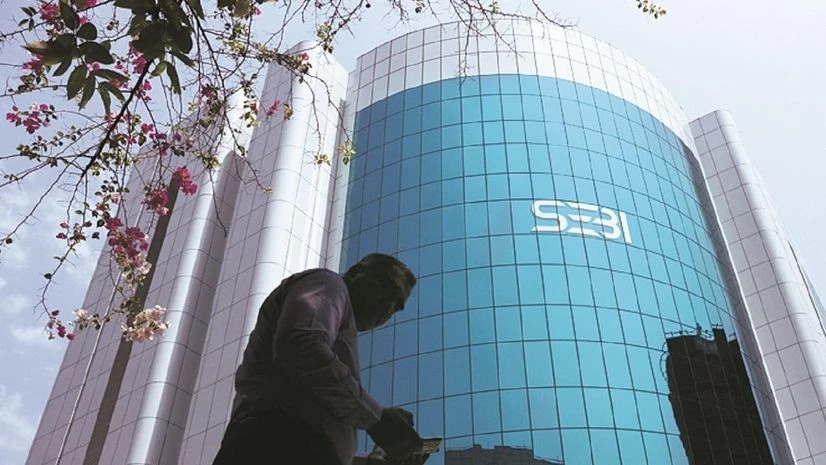 Image Source: MSN
Image Source: MSN
Key highlights
Romantic drama "Abir Gulaal," featuring Vaani Kapoor and Pakistani actor Fawad Khan, has turned into a political hot potato after it was banned in India and Pakistan. The ban comes on the heels of the April 22 terrorist attack in Pahalgam, Kashmir, that killed 26 tourists and re-ignited diplomatic tensions, prompting tough government action and fresh demands for a boycott of cross-border artistic cooperation.
Vaani Kapoor Reacts to the Ban
While demands for censorship and boycott made headlines, Vaani Kapoor expressed her disappointment at the atmosphere of hostility. The actress broke her silence and confessed to being taken aback by the "toxicity" that has surrounded the movie. She bemoaned the influx of hate and negativity and said the time had been excruciatingly tough, both professionally and personally.
Kapoor pointed out that creative work is ever more in the crosshairs of political circumstances, and artists are at the receiving end of public anger though all they try to do is tell stories that have meaning. She emphasized that a film must be a bridge for cultural understanding, empathy, and connection, and not another victim of political bitterness.
Vaani's words, published after the ban was issued, rang true for many in the industry concerned about the diminishing space for artistic freedom. She asked for a reconsideration of collective mentalities, asking audiences and authorities to eschew decisions made through hate in favor of cultural understanding.
Backdrop and Industry Reaction
The Federation of Western India Cine Employees (FWICE) had reaffirmed its blanket ban on Pakistani artists in the wake of the Pahalgam attack and expressly quoted "Abir Gulaal" as a reason why the policy had to hold, in the interest of the nation. The subsequent ban has not just halted the release of the film in both countries but also reopened debate regarding freedom of artistic expression and perceived national interests.
Some sections of the Indian film fraternity, most notably actor Prakash Raj, have come out against such blanket bans, saying that cinema and art must provide avenues for conversation and not confrontation.
What's Next for 'Abir Gulaal'?
The theatrical fate of the film still hangs in the balance, with overseas releases uncertain and streaming possibilities being considered. Both Khan and Kapoor have reiterated their denunciation of the terror strike, but appeal for the distinction between art and politics.
In the meantime, the ban serves as a stark reminder of how creative industries are subject to broader geopolitical movements, with artists left to pick up the pieces.
Sources: India Today, Times of India, The Indian Express
Advertisement
Advertisement



